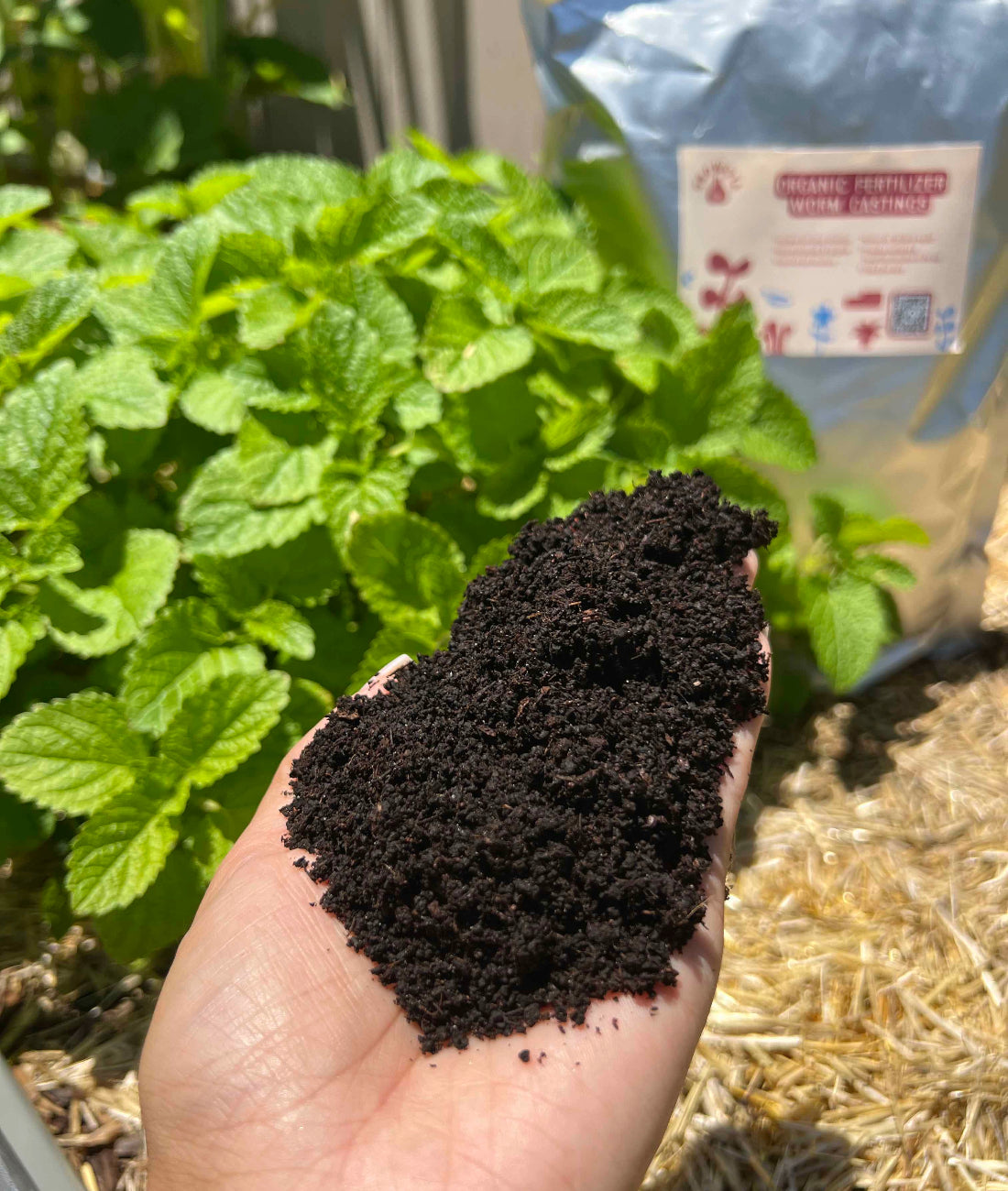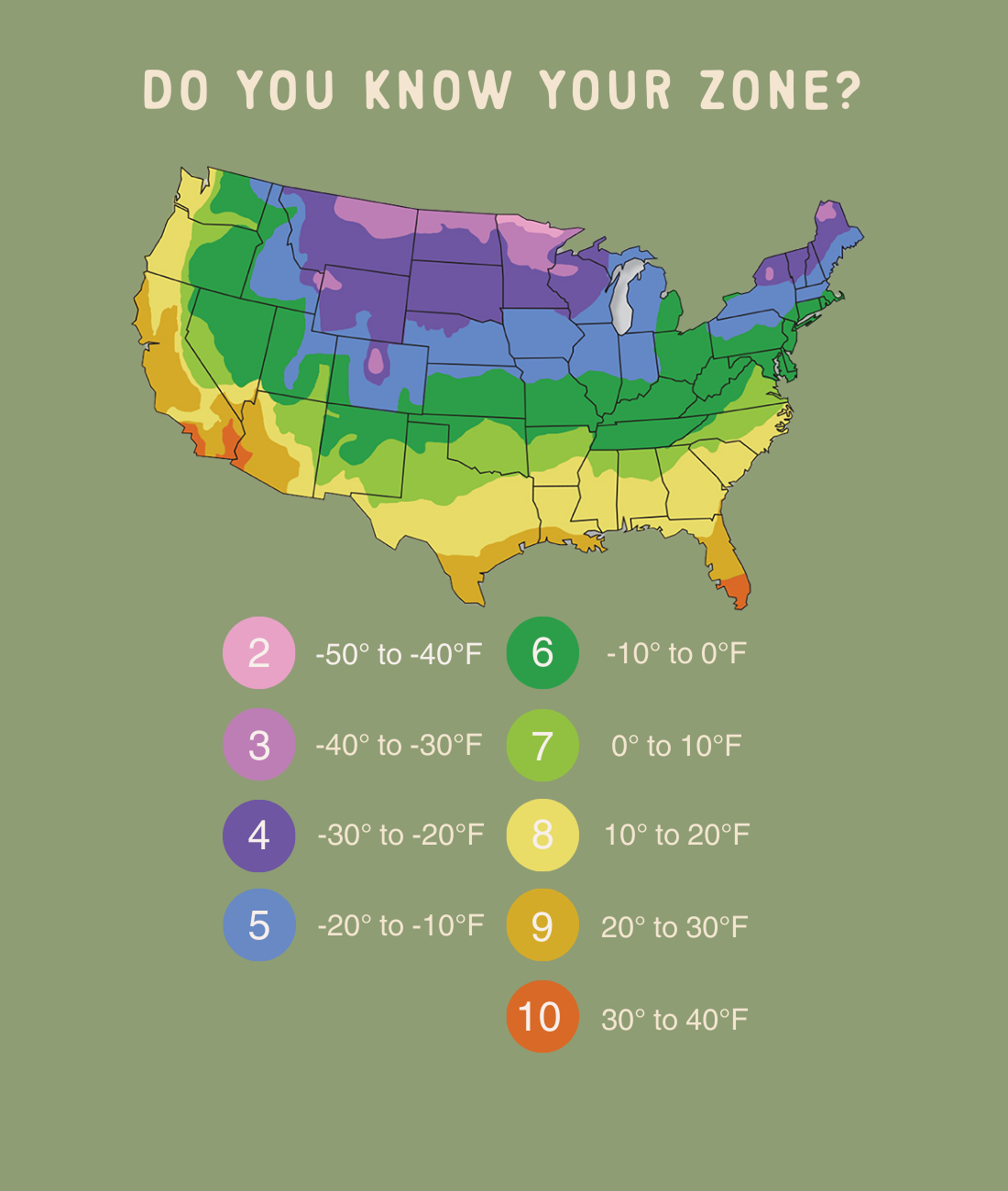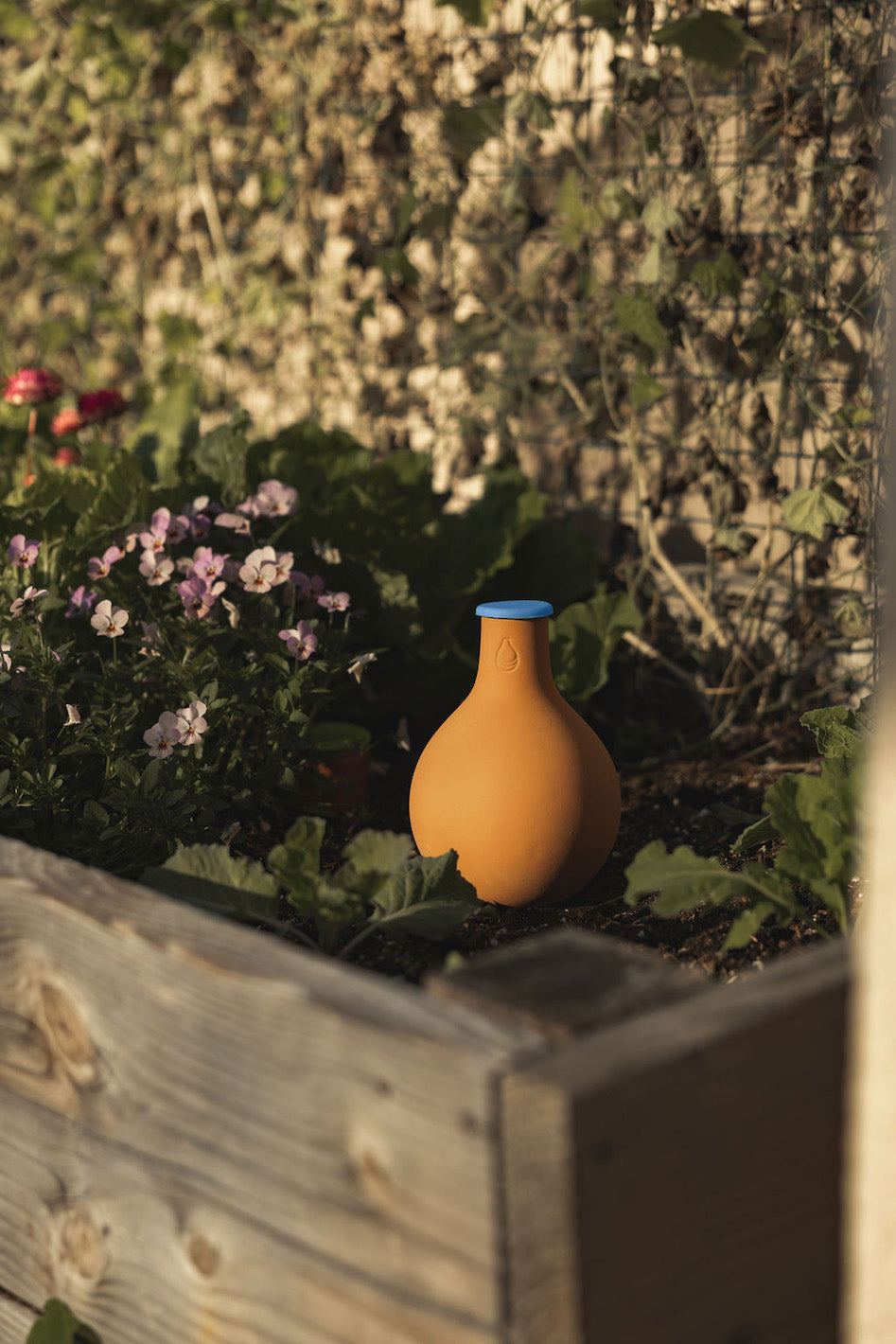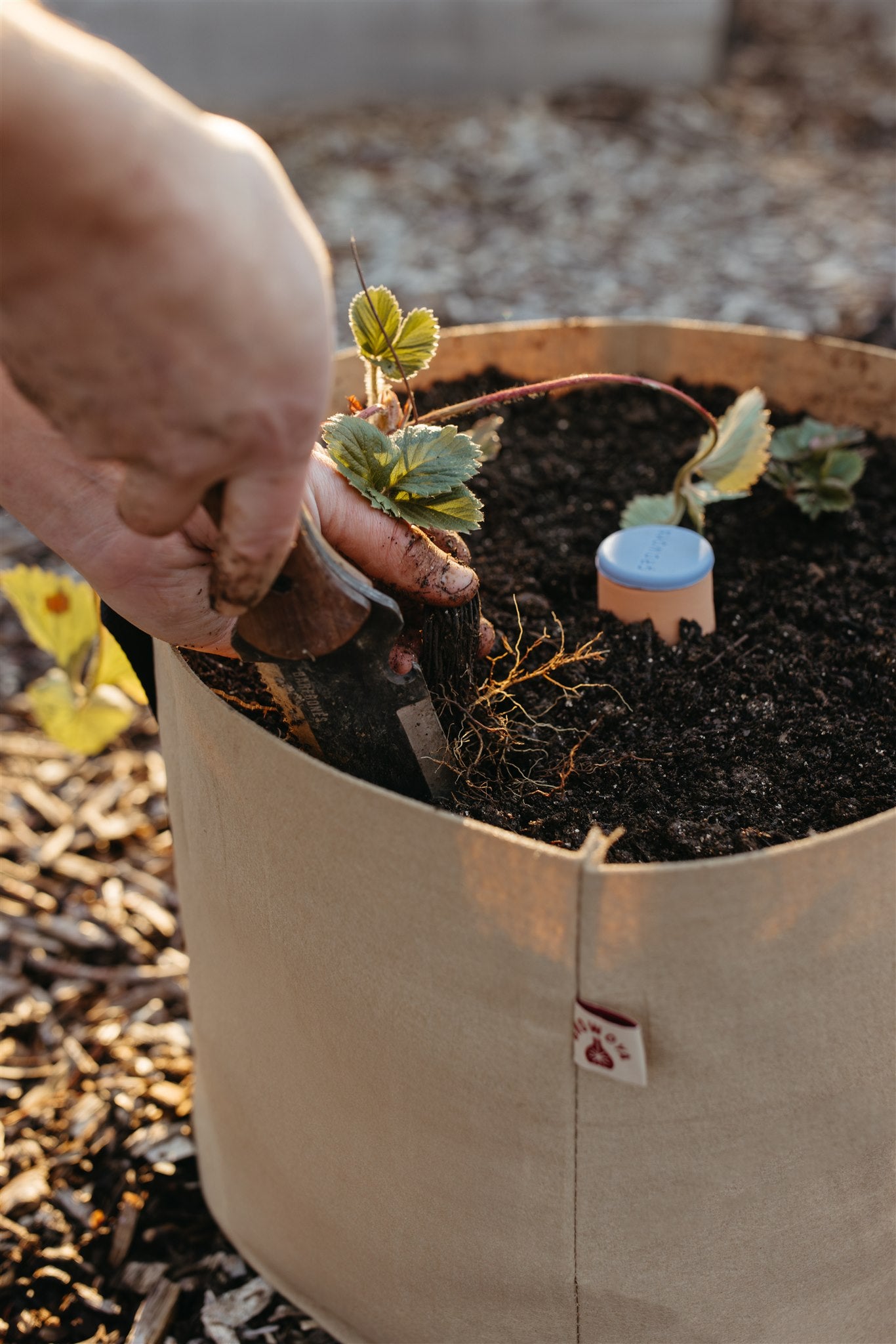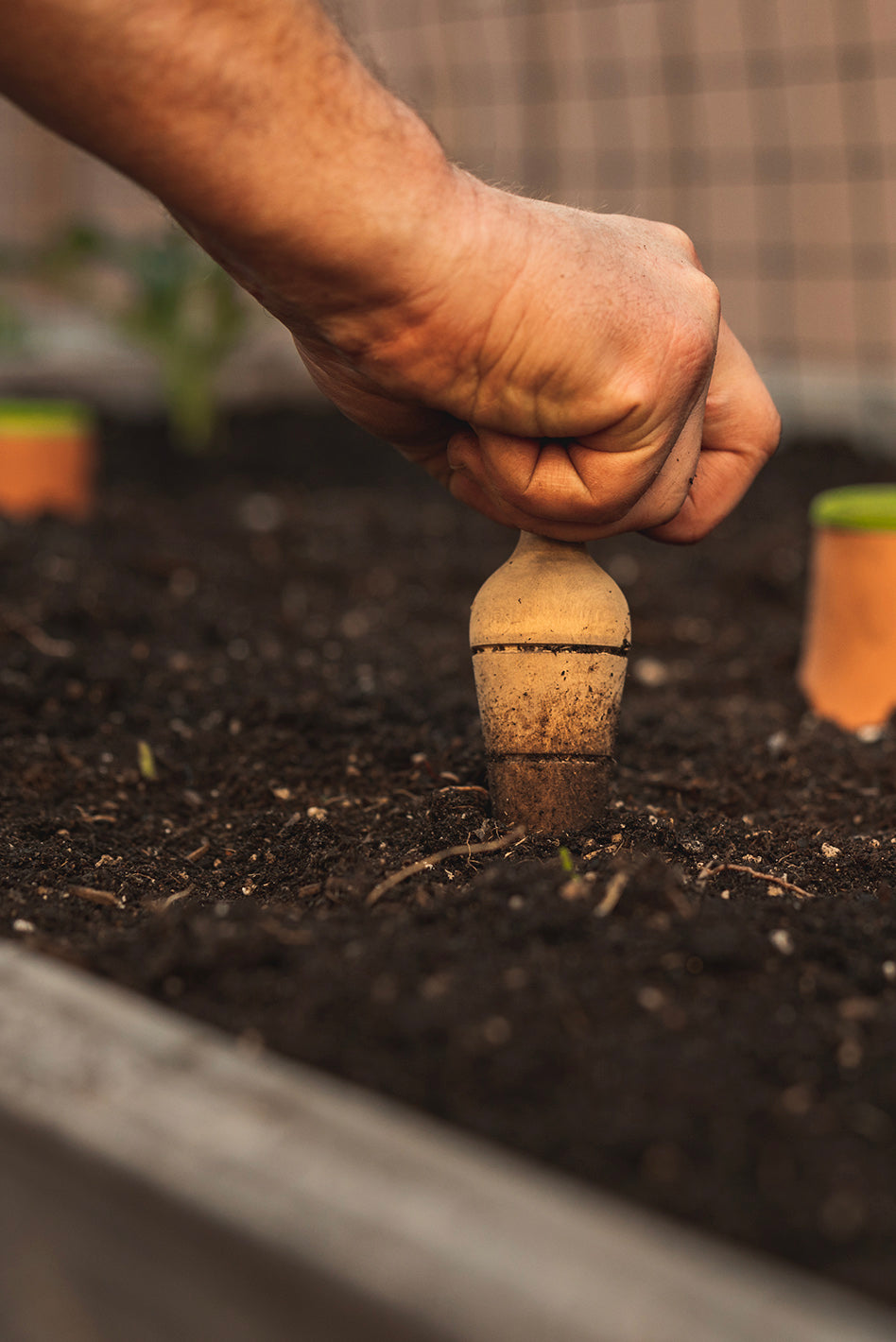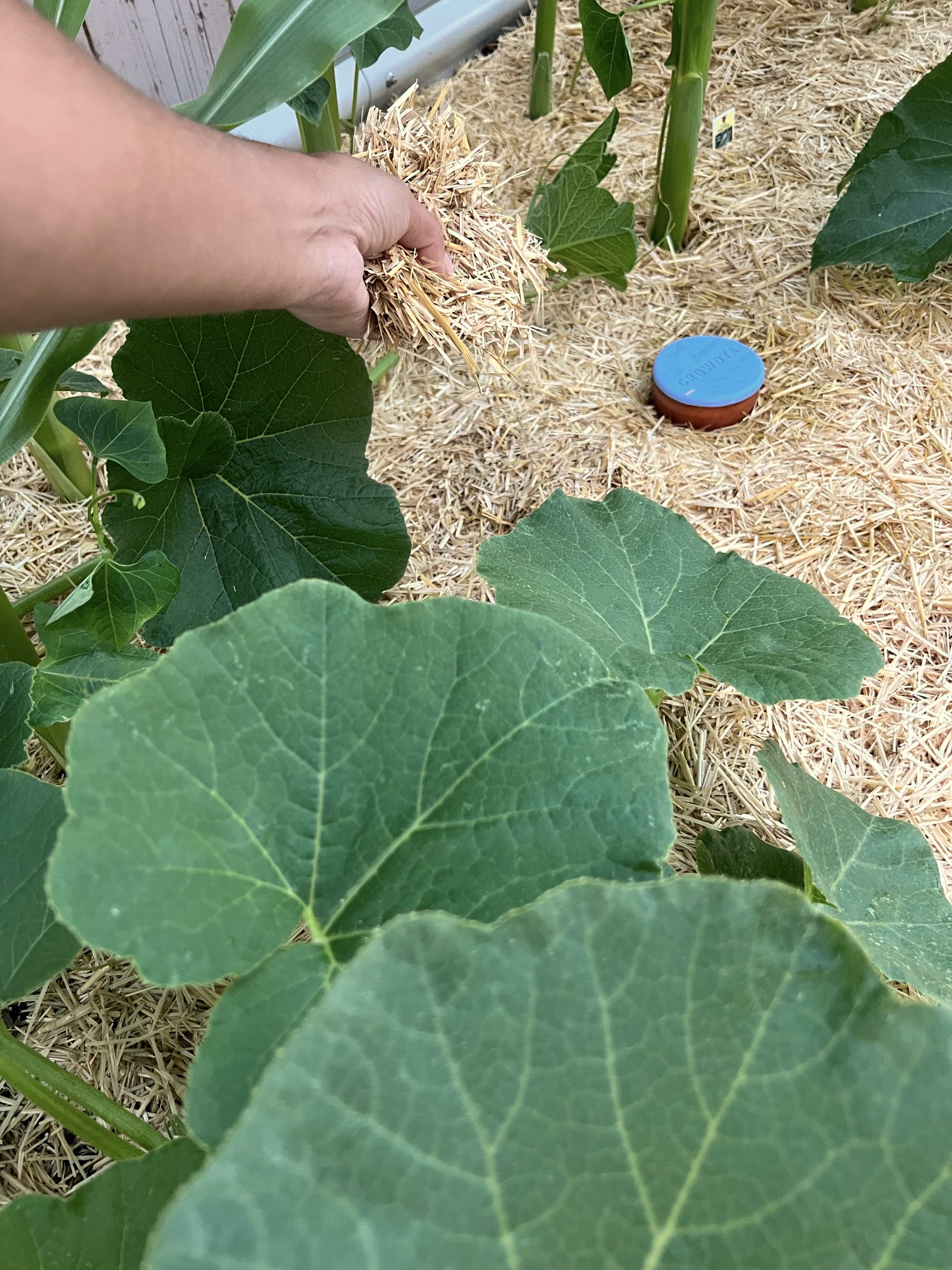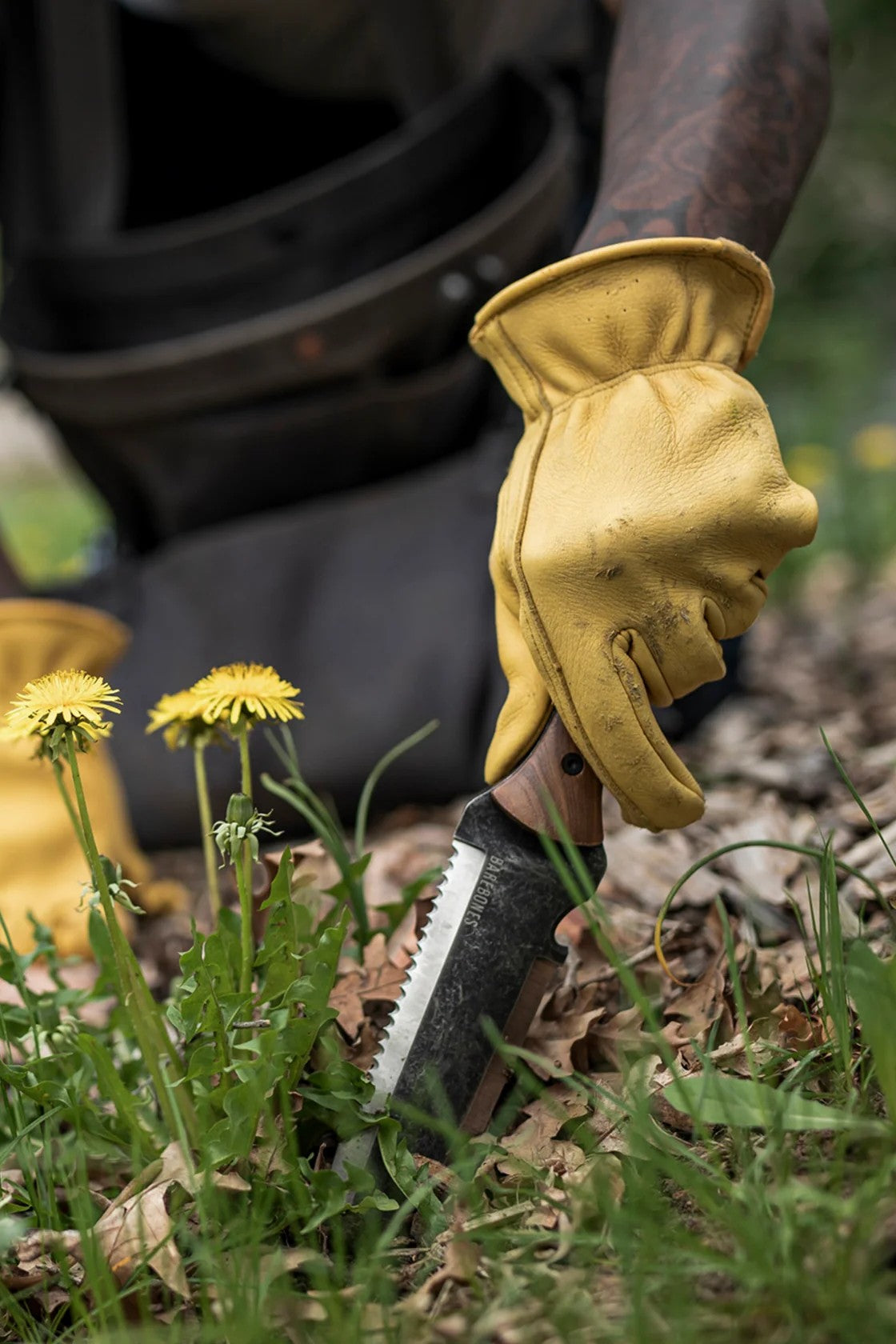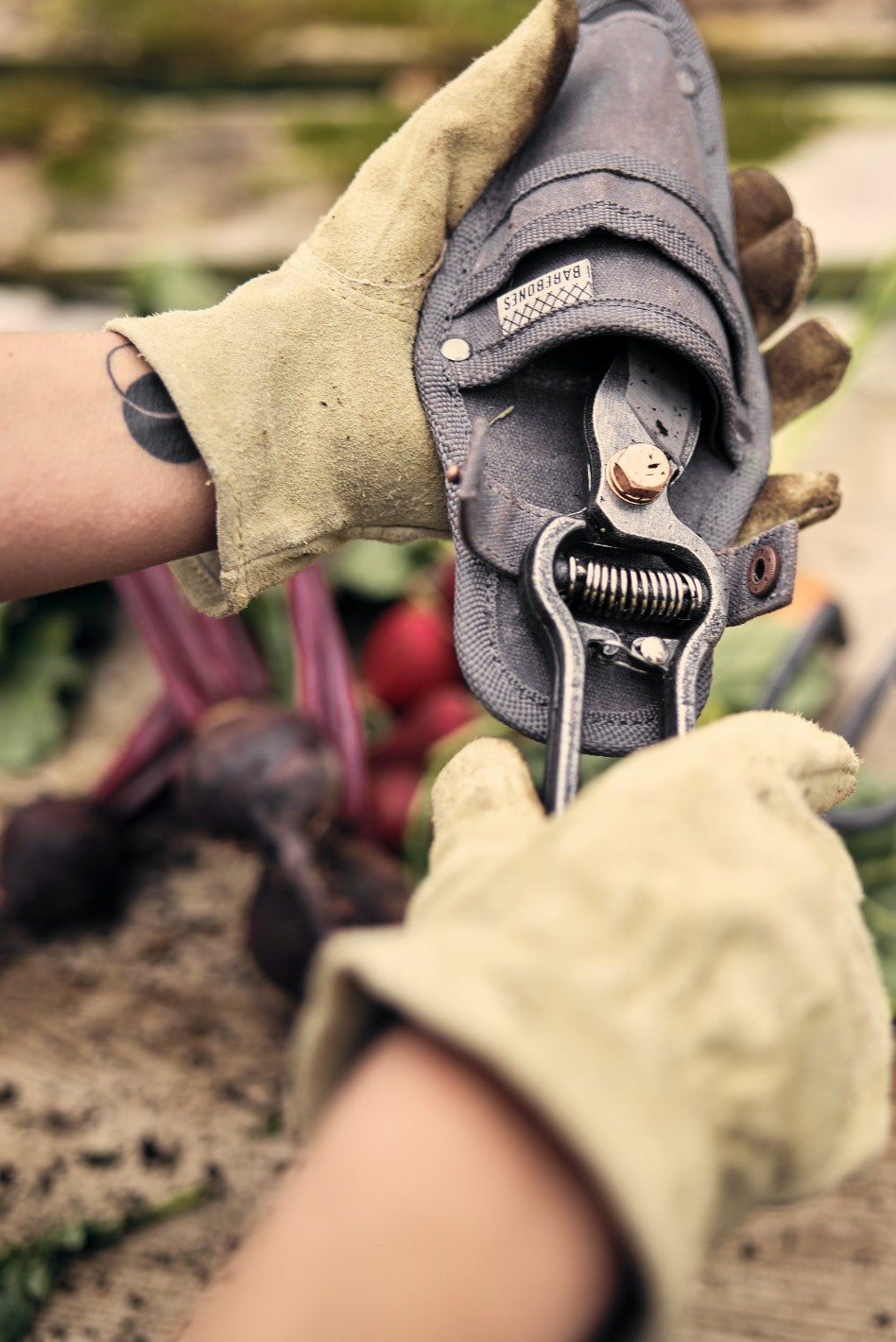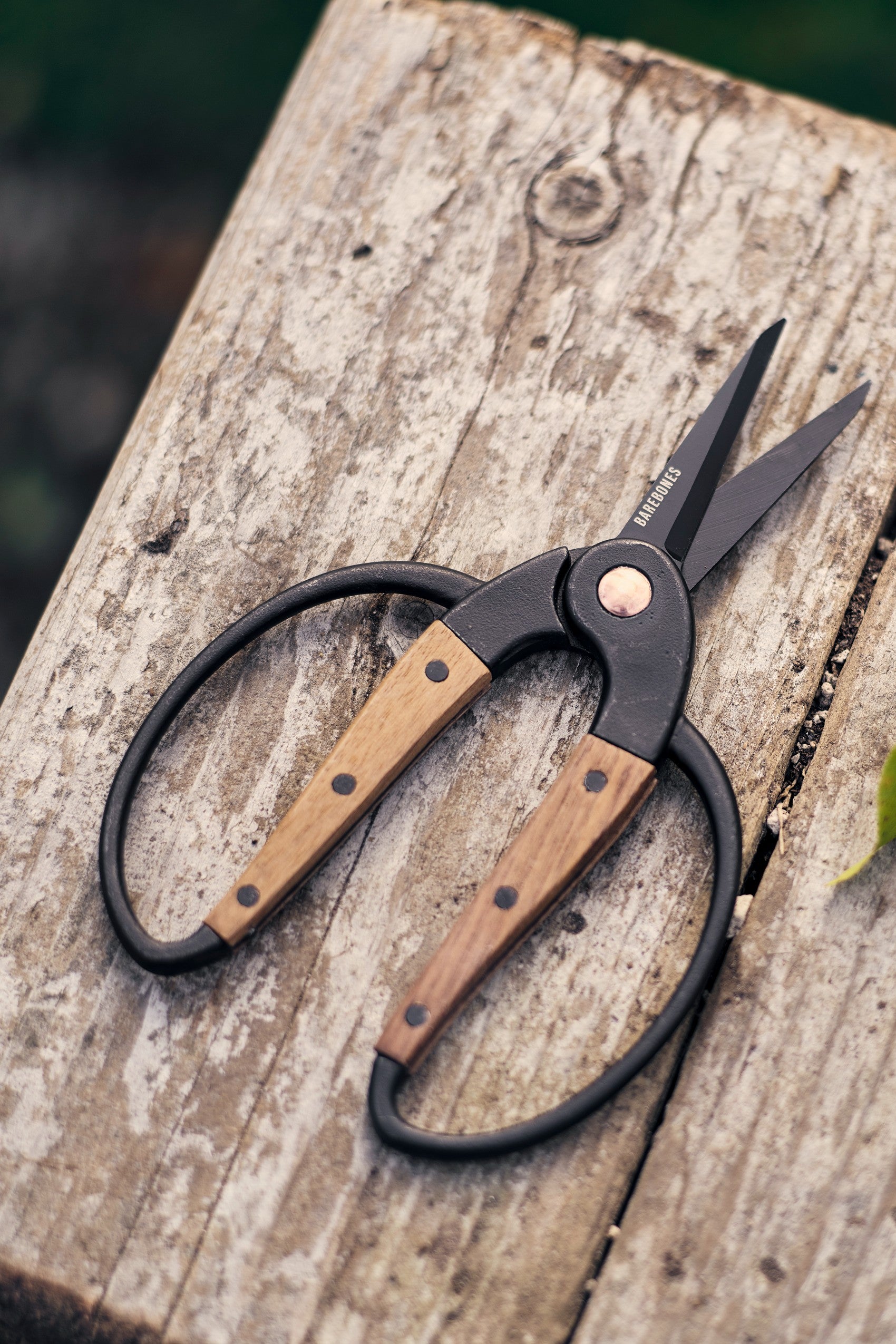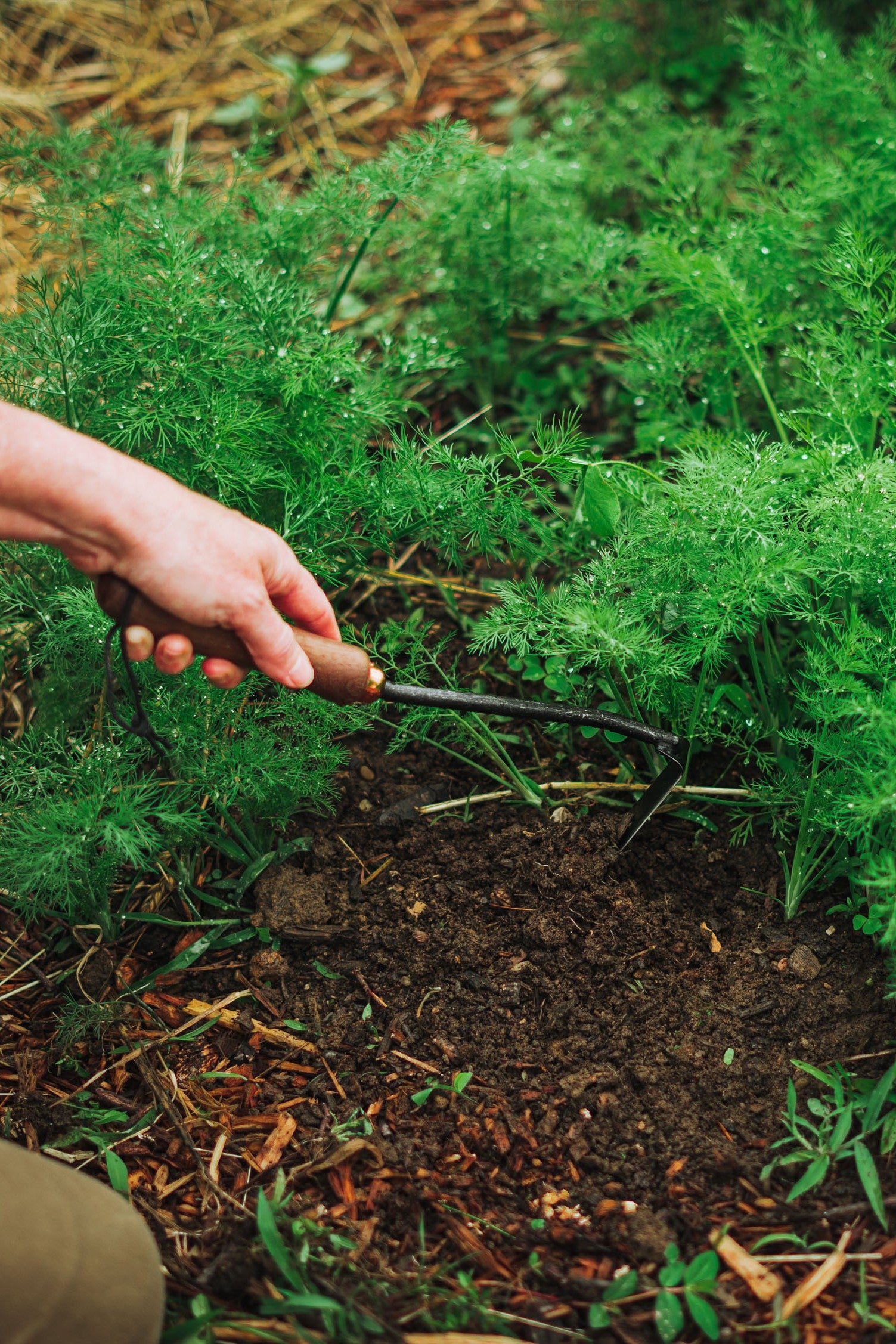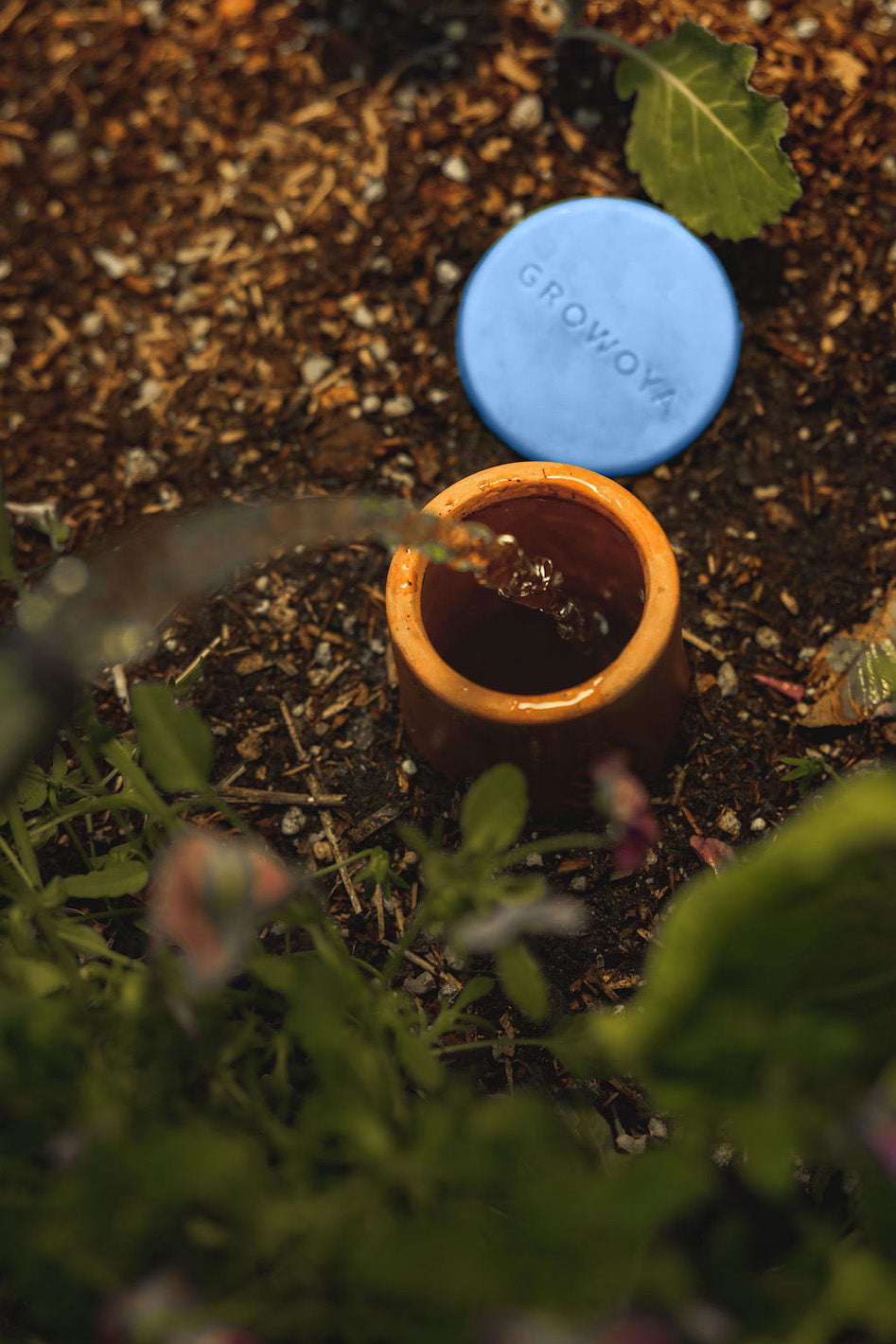The Dynamic Duo of Composting: Red Wigglers and Indian Blues
Composting is like nature's recycling program – it turns kitchen scraps and yard waste into nutrient-rich gold for your garden. In the world of composting, a dynamic duo takes the spotlight: Red Wigglers and Indian Blue Worms are the best worms for composting. These little critters might not look like much, but they pack a powerful punch when it comes to creating top-notch compost that can give your garden a serious boost. Let's dive into why these two worms, often found working side by side, are the perfect partners for your composting and gardening adventures.
1. Soil Aeration and Organic Matter Breakdown:
One of the primary benefits of introducing Red Wigglers and Indian Blue Worms into your composting setup is their unparalleled ability to aerate the soil. These worms burrow through the compost, creating a tunnel network allowing oxygen to flow freely. This natural aeration process helps prevent the compost pile from becoming compacted and oxygen-deprived. As they tunnel, they also break down larger organic matter into smaller particles, expediting decomposition.
2. Soil Enhancement through Composting:
Red Wigglers and Indian Blue Worms are composting champions. They possess an innate ability to break down organic materials such as kitchen scraps, yard waste, and paper into nutrient-rich compost. As these worms consume the organic matter, they excrete nutrient-packed castings that are incredibly beneficial for your garden soil. These castings are teeming with essential microorganisms and nutrients that enhance soil structure and fertility, promoting robust plant growth.
3. Adaptability to Various Temperatures:
4. The Perfect Partners for the Hungry Bin:
Red Wigglers are the ideal companions if you're considering composting with the Hungry Bin system. The Hungry Bin is a vermicomposting system that relies on the activity of composting worms to break down organic waste. Red Wigglers' natural behaviors align perfectly with the requirements of the Hungry Bin, making them an efficient choice for this specific composting method.
5. Boosting Soil Health:
When Indian Blue Worms join the team, their presence adds another layer of benefits. Indian Blue Worms, also known as Perionyx excavatus, have a unique ability to consume a wider variety of organic materials, including tougher items like leaves and straw. This diversity in diet translates to a more comprehensive breakdown of organic matter, resulting in richer compost. Moreover, their interactions with the Red Wigglers create a harmonious ecosystem within your compost pile, enhancing its nutrient content.
